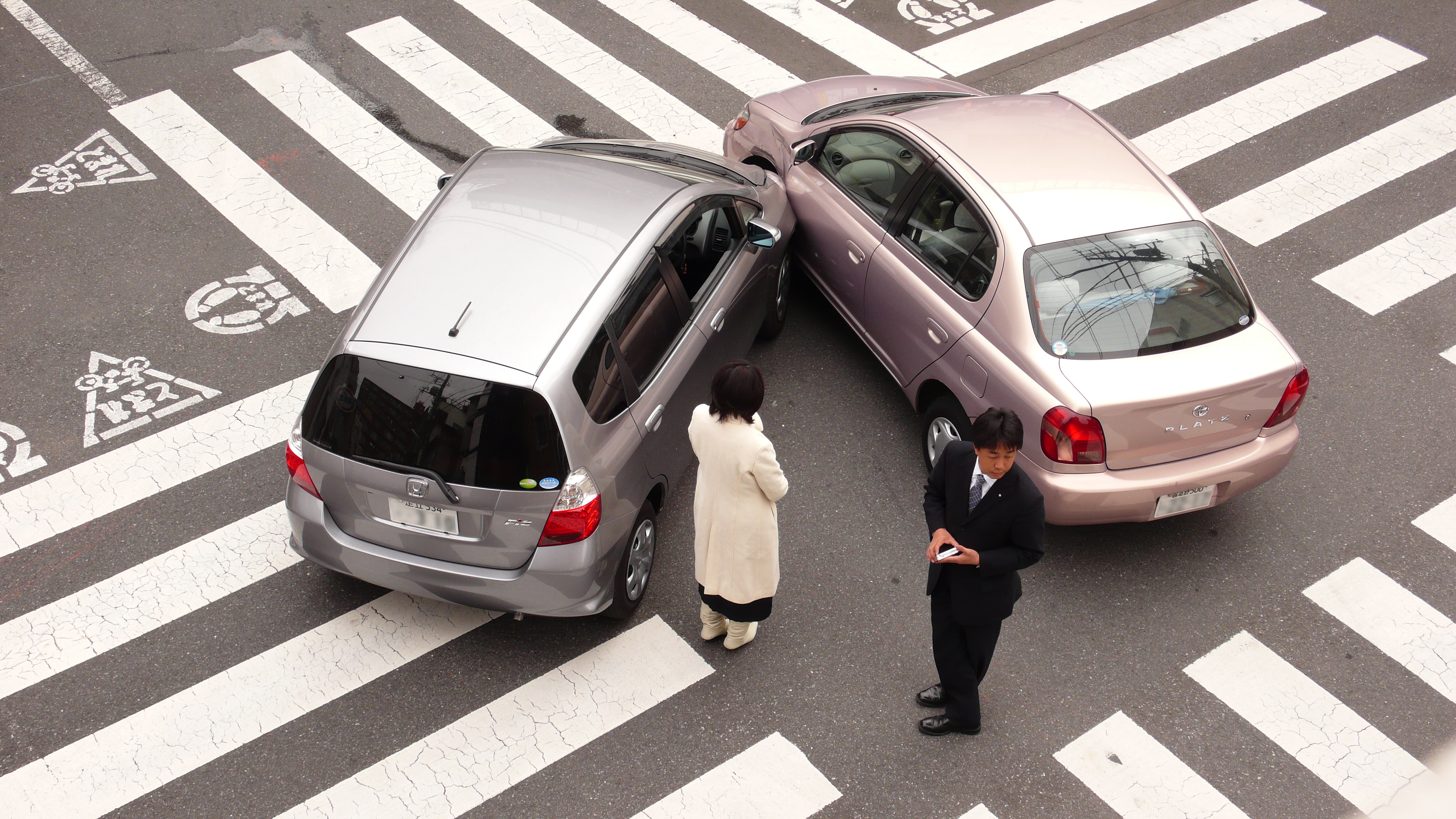If you or someone you know has been injured as the result of an accident in Florida, you may have important legal rights that can serve to compensate you for damages, particularly if another person’s negligence caused the injury. Any number of incidents can give rise to this type of claim at law: car accidents are common sources of personal injury cases, but other situations such as a motorcycle accident, a slip and fall accident, worker injuries and medical malpractice can also support personal injury cases.

What Do I Need to Prove?
According to Florida law, in order to be successful in a personal injury case, the plaintiff needs to show that the other person involved in the incident failed their duty to not injure, that their failure is directly related to the injuries the plaintiff suffered, and that the plaintiff incurred damages as a result of their injuries.
It is important to note that there are some exceptions to this fault-based rule in car accident cases, but in car accidents that result in serious injury, a lawsuit may still be filed. It is best to consult with an attorney regarding the facts of your specific case in order to determine which laws would apply.
What Damages Can I Recover?

If a plaintiff is successful in bringing a suit for personal injury, he or she may be awarded significant compensation for their losses. If the plaintiff shows that another person caused their injuries, they may be entitled to recover the following:
- Medical expenses. This includes both expenses incurred in the past and amount estimated to be incurred in the future.
- Lost wages.
- The cost of property damaged as a result of the incident.
- Losses incurred as at the result of a disfigurement or resulting disability.
- The cost of home maintenance.
- Emotional distress.
- Loss of consortium, which is defined by loss or interference with familial relationships.
- Any other costs the plaintiff can prove were incurred as a direct result of their injury.
Other Matters
Numerous other factors may apply to the facts of a plaintiff’s specific case. For example, more than one person may have contributed to the negligence that caused the plaintiff’s injury. In that case, more than one person may be named in the lawsuit and found at fault. The number of people found to be at fault can affect the way in which a plaintiff collects their damages and from whom.
In addition, some cases may show that the plaintiff was partially at fault for their own injuries. If it is found that the plaintiff contributed to their injuries, their rights in collecting damages may be affected. Florida operates under comparative negligence law, which means that in cases where the plaintiff to a personal injury suit is partially responsible, their award of damages will likely be reduced. The extent to which this happens depends on the specific finding of fault at trial.
Personal Injury Attorney
The nature of personal injury law calls for experienced guidance from a professional. The attorneys at Hoffman, Larin & Agnetti, P.A. have successful experience representing clients in personal injury cases in Dade, Broward and Monroe Counties. Contact us today for a consultation and let us advise you in your legal matter.




